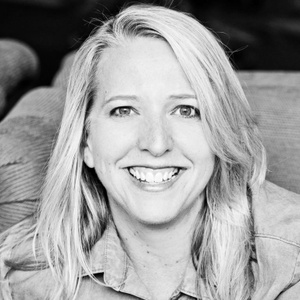
In my 15 years in the spiritual/personal development space, I’ve learned a lot about discernment and because this conversation comes up every so often, I wanted to share some of what I’ve learned with you.
Honestly, I’ve been reluctant to share because it brings up a lot of old trauma and mainly I’ve been focused on moving on and living my own life after my own experiences of abuse. But, it feels important to share what I’ve learned in the hope that it may help some things click for you.
The below is an amalgamation of what I know and have experienced from various teachers/leaders.
1. Never trust someone who claims to be in some kind of enlightened state where they do not have usual human reactions or emotions. This is a lie. Flat out. I’ve seen it first hand.
2. Don’t trust a teacher who desires to achieve the above state. They are looking to disconnect from their painful human existence rather than doing the hard work of dealing with their own issues.
3. Notice if a teacher always presents themselves as the victim in a conflict. Look/read carefully. Do they ever truly own their bad behavior? Or do they couch their bad behavior in some cute way that detracts from the truth? Have changes in their business or life always happened because someone else has done them wrong?
4. How does the teacher handle dissent/questioning of themselves? Things I have seen teachers do first hand in the face of dissent: berating retreat attendees for hours to psychologically wear them down, gaslighting the student by telling them their legitimate complaint is “just their thoughts,” badmouthing the student to the rest of the community, saying the student has a personality disorder and ostracizing them.
5. Are you aware of dissenters who have left the community but you don’t know why? This is because the teacher abuses power and either will or already has attempted to retaliate against the dissenters.
6. Does a teacher demand loyalty pledges? I mean, I can’t even with this.
7. Does a teacher hold themselves up as better/superior to their students? I can assure you that they are not holding to this impossible standard in their personal lives.
8. Does the teacher disparage their students behind closed doors?
9. Does the teacher use elaborate displays of wealth or sexuality to reinforce their value/perceived social position?
10. How does the teacher respond to questions about inequity and suffering in the world and within their organization? Do they avoid those topics? Gloss them over? Or worse, say “those people” manifested their circumstances? Do they go through the motions to respond to questions about equity or do they engage in a real way?
11. Does the teacher need their teaching/model to hold in all cases or do they acknowledge the complexity of life? Many of these mental models cannot hold in the face of true suffering and trauma but the teacher needs their model to work in all cases in order to monetize it.
12. Always remember that if a teaching resonates to revere the teaching but not the teacher. Don’t ever, ever, ever give up your own discernment. Ever. Your thoughts are valid. Your feelings are valid. You can trust yourself. These teachers are messy humans just like you. If they are presenting themselves as above their humanity or go the other way and downplay their own disordered or bad behavior, note that.
There are lots of good teachers out there, they are vulnerable, involved in the world (e.g. equity, inclusion, social justice, etc…), transparent about their process, and grounded in their humanity. They welcome discourse and will always seek to hand your sovereignty back to you.
I sincerely hope this helps.




